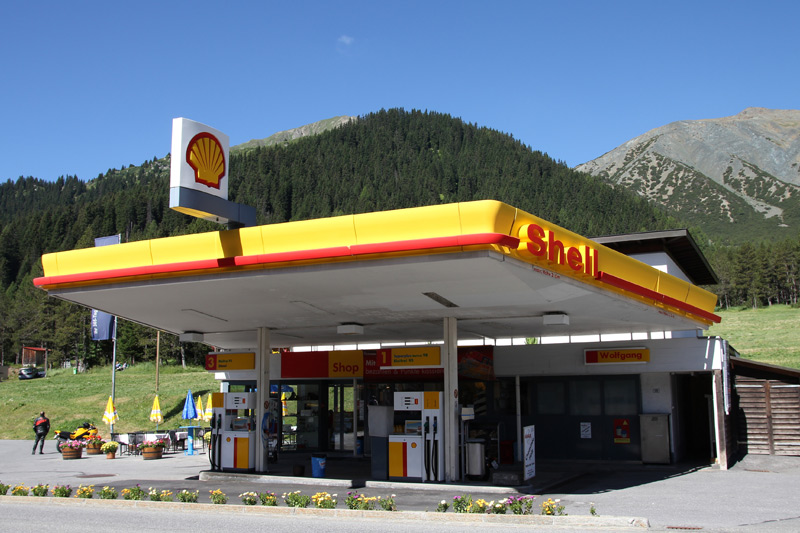By Kathleen Caulderwood -

Royal Dutch Shell PLC AMS:RDSA is one of a handful of foreign oil companies selling their assets in Nigeria, as local companies gain ground amid increasing problems with theft and corruption in the Niger Delta.
“We have signed sales and purchase agreements for some of the oil mining leases, but not all that we are seeking to divest,” Shell said in a statement.
Oil theft is a billion-dollar problem in Nigeria, the largest crude producer in Africa. Criminal gangs steal roughly 250,000 barrels per day, according to Reuters. Generally, thieves tap into pipelines in the Delta and pump the crude into waiting boats and barges. And sometimes they even refine it themselves before illicitly selling it to buyers around the world.
Last February, Shell said it was forced to shut down one of its pipelines after thieves drilled holes through it.
“We closed the Nembe Creek Trunkline on Sunday for the removal of crude theft points,” a company spokesman told reporters at the time. Last year, the company’s Nigerian head said Shell lost more than 60,000 barrels a day to theft.
The Nebme Creek line is one of a handful of fields and infrastructure pieces that Shell plans to sell, according to the recent announcement.
The French company Total and Italian Eni are also selling 10 percent and 5 percent shares in similar assets. Meanwhile, the Nigerian National Petroleum Corporation (NNPC) owns the remaining 55 percent.
The Financial Times reported that insiders say the sale could be worth up to $5.2 billion, with another $10 billion in assets from foreign companies coming up for sale in the next few years.
“It’s a lot of money,” a banker told the FT. “It’s a great display of the strength of the Nigerian indigenous oil industry.”
Shell said earlier this year that it lost more than $1 billion in 2013 thanks to sabotage.
“Nigeria offers a strong enabling environment for the large-scale theft of crude oil,” a 2013 report from London watchdog group Chatham House says.
Nigeria’s government is heavily involved in exports, with plans to further nationalize the industry over the next few years, benefiting companies such as Seplat Petroleum Development Co. (LON:SEPL), which has claimed it experienced “absolutely no” theft last year, and Oando PLC (JSE:OAO).
“The government’s system for selling its own oil attracts many shadowy middlemen, creating a confusing, high-risk marketplace,” Chatham’s researchers wrote.
The former head of Nigeria’s central bank, Lamido Sanusi, was suspended earlier this year after he reported a $20 billion hole in the country’s oil revenues.
To be sure, there are more factors besides instability causing companies to sell certain assets.
“Nigeria’s ‘difficult’ operating environment, security concerns and the non-passage of the [Petroleum Industry Bill] all provide useful cover for what may essentially be a portfolio optimization process,” Razia Khan, head of Africa research at Standard Chartered, said to Reuters.
Despite problems, Nigeria still produces 2 million to 2.5 million barrels per day, the highest production on the continent.
